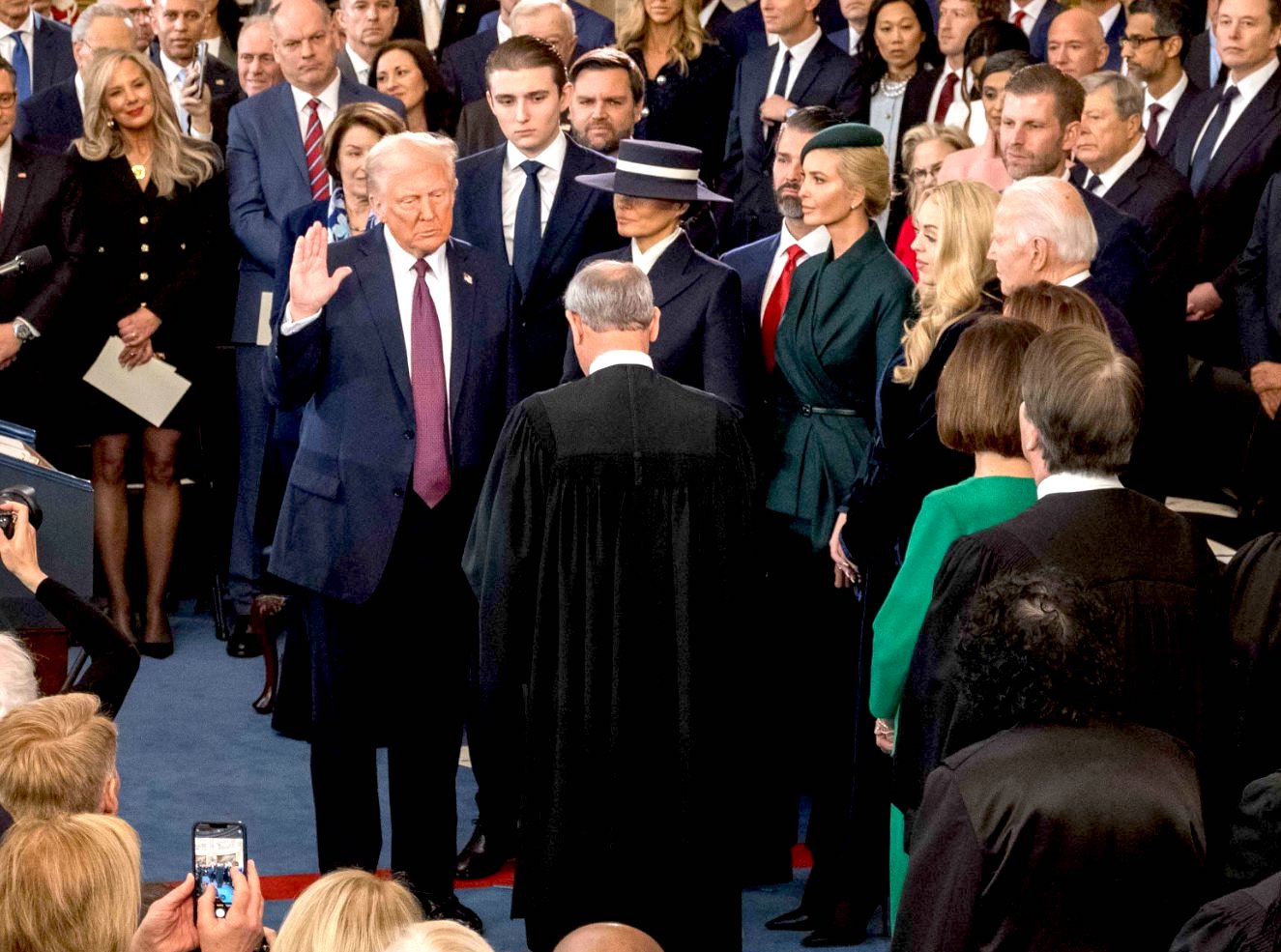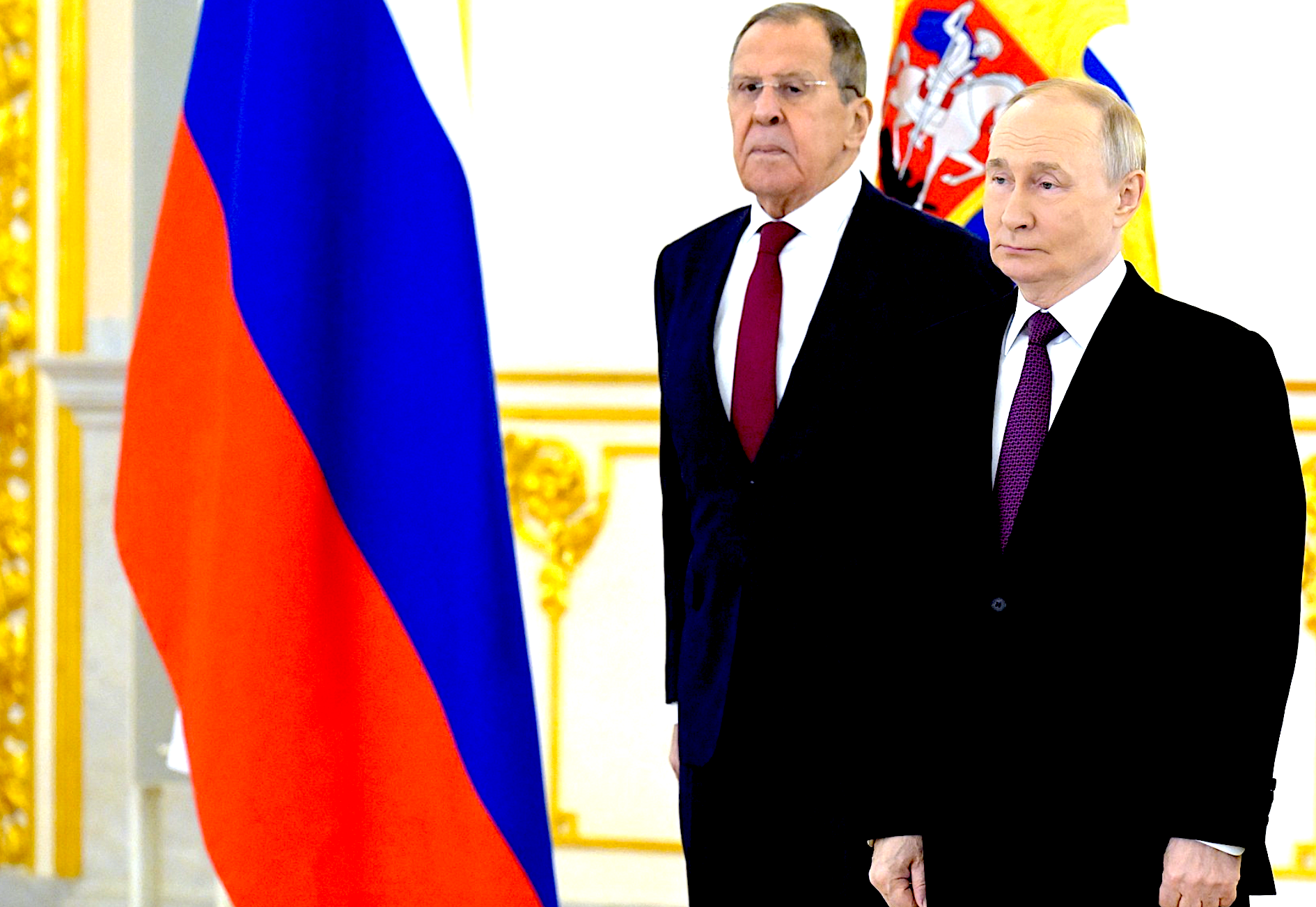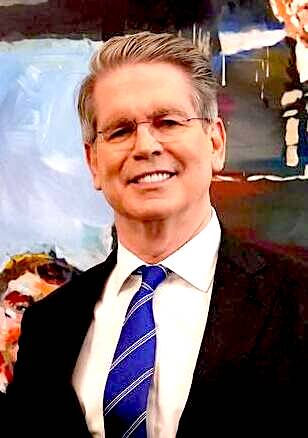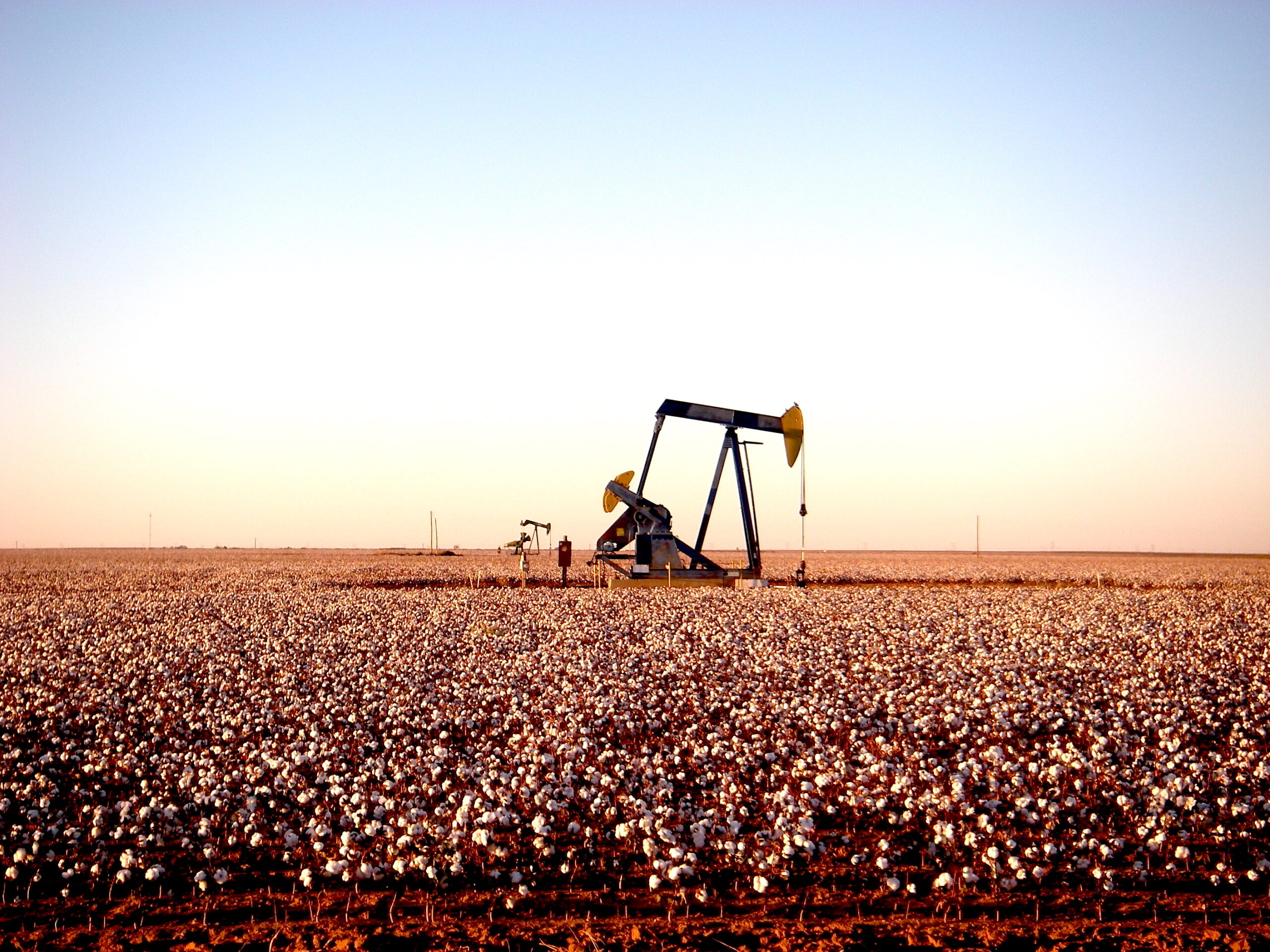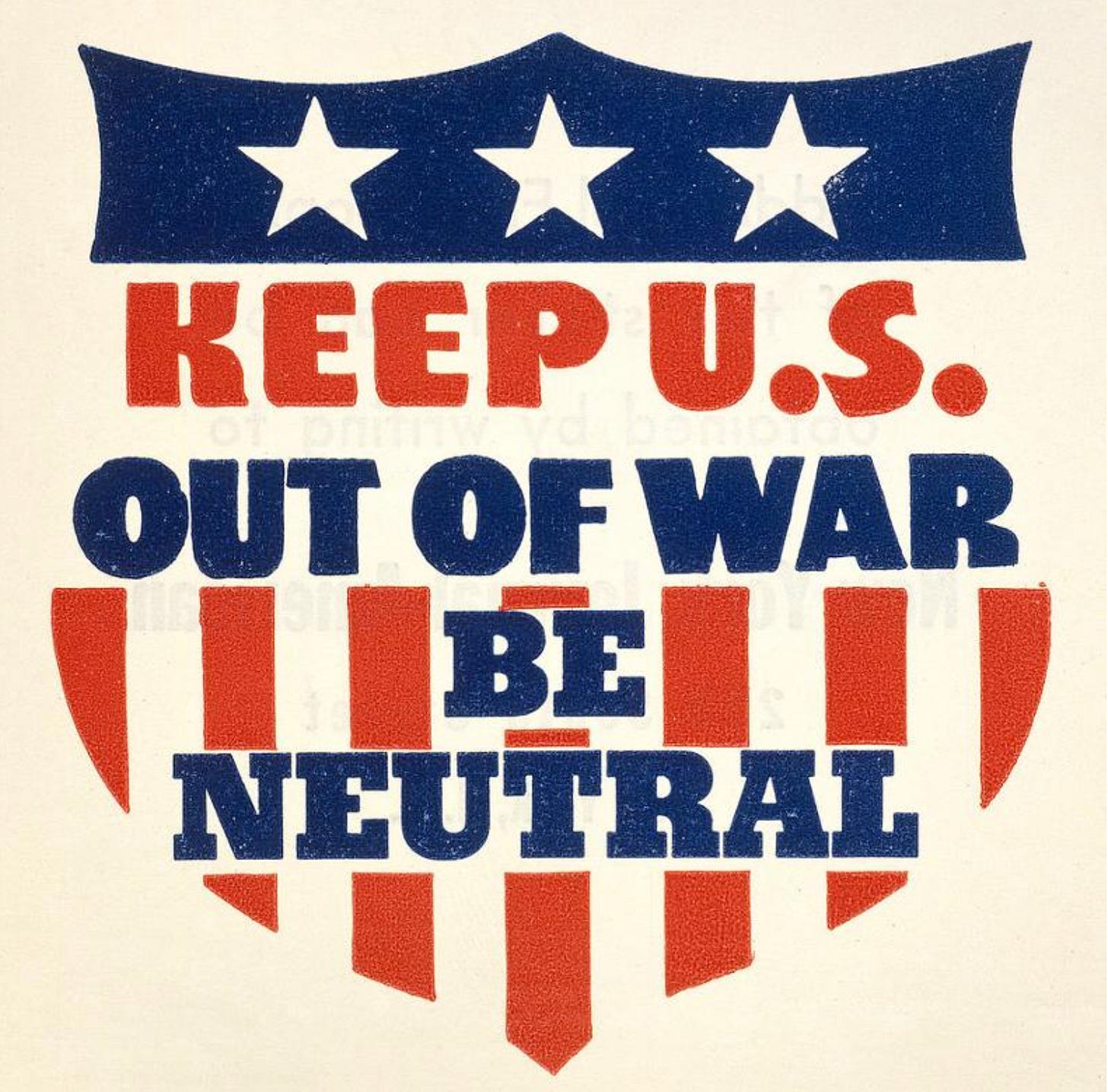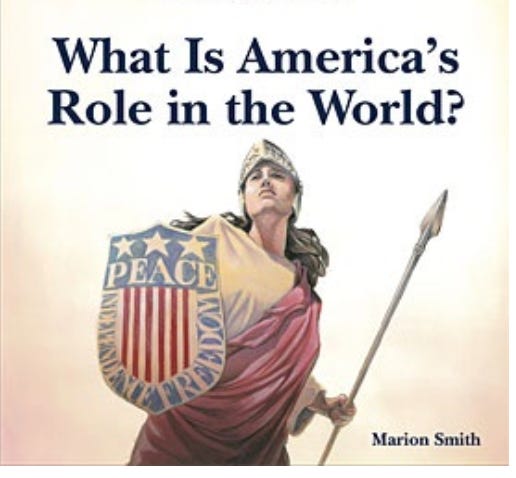By Peter Korotaev & Volodymyr Ishchenko, Al Jazeera, 1/23/25
Over the past few months, Ukraine has increasingly been under pressure from its Western allies to start mobilising young men under the age of 25. This came after the mobilisation law passed in April did not deliver the expected number of recruits. Even the lowering of medical requirements – allowing men who had had HIV and tuberculosis infections to serve – did not help much.
Some pro-Western Ukrainian officials, like Roman Kostenko, the secretary of Ukraine’s parliamentary security committee, have also pressed for lowering the age. Kostenko said he is being constantly queried by members of the US Congress why the Ukrainian government asks for weapons but isn’t willing to mobilise its youth.
So far President Volodymyr Zelenskyy has refused to move forward. Part of the reason is demographic fear: Sacrificing young men en masse in a prolonged conflict risks condemning Ukraine to an even bleaker future, where demographic decline undermines its ability to rebuild economically, socially, and politically.
But the Ukrainian president also fears public anger. There is growing and palpable reluctance among Ukrainians to fight in the war. And this is despite the fact that their leaders and civil society frame it as an existential struggle for survival.
Many Ukrainians are indeed fatigued after nearly three years of full-scale war, but their war-weariness is not just a matter of exhaustion. It stems from pre-existing fractures in the nation’s sociopolitical foundations, which the war has only deepened.
Public opinion polls, Ukrainian media reports, and social media posts we have examined, as well as in-depth interviews we have conducted with Ukrainians as part of our research on the consequences of post-Soviet revolutions and wars, help elucidate some of these dynamics.
The post-Soviet social contract
Like in all post-Soviet and post-communist states, a new social contract emerged in the 1990s that reflected the new sociopolitical realities in Ukraine. State-citizen relations were reduced to the following: the state won’t help you, but in return, the state won’t harm you either.
Meanwhile, politics became animated by the dramatic Maidan revolutions of 2004 and 2014. The opportunities created by these uprisings were repeatedly co-opted by narrow elite groups – oligarchs, the professional middle class, and foreign powers – leaving large portions of Ukrainian society excluded and their interests underrepresented.
Before 2022, this situation was tolerable for many Ukrainians to an extent. The borders were open, so millions were able to emigrate. In 2021, Ukraine occupied the eighth place in the ranking of countries with the most international migrants – more than 600,000 left in that year alone. Remittances from the emigrants helped those who stayed behind maintain an acceptable standard of living.
But in the long term, this path did not seem sustainable. In 2020, Prime Minister Denys Shmyhal admitted that the state will struggle to pay state pensions in a decade and a half. After years of declining state capacity and de-development, Ukrainians were unsurprised. The news was received as another indication that one should save up American dollars and try to emigrate.
The war put the already weak social contract to the test. All of a sudden, a state that had hardly been present in Ukrainians’ lives demanded that they sacrifice themselves for its survival.
In the wake of the failure of Russia’s initial invasion plan, the surge of unity fuelled a wave of volunteerism. However, as the war ground on, a stark realisation emerged: the state is distributing the burdens and benefits of the war unequally. While some segments of society gain materially or politically, others bear disproportionate sacrifices, fuelling a growing sense of alienation within a large part of the Ukrainian population.
The state has done little to strengthen its relations with citizens in the face of waning war enthusiasm. Instead, government officials have bombarded the population with messaging about self-reliance.
In September 2023, Minister of Social Policy Oksana Zholnovich called on citizens not to remain dependent on benefits, since this makes them “children”. She proposed a “new social contract” in which citizens accept social spending cuts and live independently as “free swimmers”.
In September 2024, the government announced it was not going to increase the minimum wage and social security payments in 2025 despite inflation reaching 12 percent.
A crisis of motivation
As the third year of the war is about to wrap up, the consequences of this weak social contract are becoming increasingly apparent. The narrative of fighting an existential war no longer seems to move the majority of Ukrainians.
The words of one of our interviewees are quite illuminating. This person fundraises for non-lethal military equipment for the army – but not drones or other weapons, because he believes that “the state completely failed in its most critical role of preventing war”. He told us: “I don’t understand why this war should fully become my war in the truest sense of the word.”
He said he found it hard to be open about his views: “When you want to live as you wish, you only speak openly in close circles. Either you have to let go of all ambitions, part of your identity, or consider emigration because this country will ultimately become completely foreign to you.”
The attitude that this is not “our war” can be seen reflected in polls conducted throughout the past year, in which a silent majority does not seem ready to mobilise to fight.
In an April 2024 poll, only 10 percent of respondents said that most of their relatives were ready to be mobilised. A June survey showed that only 32 percent “fully or partly supported” the new mobilisation law; 52 percent opposed it, and the rest refused to answer.
In a July poll, only 32 percent disagreed with the statement “mobilisation will have no effect other than increased deaths”. A mere 27 percent believed that forced mobilisation was necessary to solve issues at the front line.
According to another July poll, only 29 percent considered it shameful to be a draft dodger.
A consistent pattern can be seen in these surveys: those supporting the continuation or strengthening conscription only constitute about a third of the population; a significant minority evade responding to such questions, reflected in the large number of “hard to say” or “don’t know” answers; and the rest openly reject mobilisation.
These attitudes on conscription may seem at odds with results from “victory” polls. The majority in such surveys still indicate that “victory” for Ukraine should mean reclaiming all territories within its 1991 borders and rejecting any concessions to Russia.
But there is really no contradiction here. It is evident that while most Ukrainians would like to see “total victory”, they are unwilling to sacrifice their lives for this goal and empathise with others who feel the same. That is why the majority also supports a negotiated peace as soon as possible.
The lack of motivation to fight is also apparent in the rates of draft dodging. Per the April mobilisation law, all men eligible for mobilisation were to submit their details to the draft offices by July 17. By the deadline, only 4 million men had done so, while 6 million had not.
And of those who entered their details, various officials have said that from 50 to 70-80 percent had medical or other reasons allowing them to legally avoid mobilisation.
Meanwhile, groups and channels have proliferated on Telegram to alert people to the presence of mobilisation officers in certain areas; they have continued to run despite some members getting arrested.
The mobilisation authorities have launched investigations against 500,000 men for draft evasion so far.
Socioeconomic tension
Draft dodging has not only revealed the scope of the crisis of motivation but also the extent to which the war has massively deepened class divides.
Over the past year, there have been regular news reports of officials accepting massive bribes in exchange for exempting men from military service.
In one case made public in early October, a top medical official who also served on a local council representing the ruling Servant of the People party, amassed a fortune taking bribes to facilitate draft-dodging through disability slips. The local police said it found $6m in cash and released a photo of a family member who had photographed themselves on a bed with piles of dollars.
Less than two weeks later, Ukrainian media reported that nearly all prosecutors in the region where the medical official operated were registered as “disabled”. In the aftermath of the scandal, Zelenskyy sacked some officials and triumphantly abolished the institution responsible for giving out disability slips. Uncomfortable questions about why top officials didn’t notice these corrupt schemes were dismissed.
Those who do not have thousands of dollars to pay for a medical exemption or bribe border police, attempt dangerous journeys at Ukraine’s western borders. As a result, a significant portion of Ukraine’s border patrol is stationed on the “peaceful” western borders.
Since 2022, 45 Ukrainians have drowned in the Tysa River on the border with Romania and Hungary in desperate attempts to flee. There have been multiple cases of Ukrainian men trying to escape the country shot and killed by their own country’s border patrol. In March, a video went viral of a border patrol guard madly shooting into the Tysa to demonstrate what he does to draft dodgers, saying: “$1000 to cross this river isn’t worth it”.
There have been cases of dozens of men attempting to cross the border at a time. Once caught, photographs of these “shameful draft dodgers” have been shared on social media, with the captions often stating that they are being sent to the front.
Thus, those who make it to the front line are usually too poor or too unfortunate to have been caught by draft officers. As parliamentarian Mariana Bezuhla put it in mid-September after visiting the front lines near Pokrovsk, the people there were mainly those who could not “decide things” with a bribe. In a November TV interview, a military commander said that 90 percent of those at the front are “forcibly mobilised villagers”.
Army officers often complain of the low quality of these “busified” troops, the term referring to the minibuses into which draft-age men are dragged off the streets. No wonder there have been hundreds of arson attacks against these vehicles.
The effect of such violent coercion unleashed onto mostly impoverished Ukrainian men is the extremely low morale at the front line. As of November 2024, there were four mobilised soldiers for every volunteer.
Mass desertions by mobilised soldiers have been leading to constant retreats. In recent weeks, reports have surfaced that hundreds of “busified” men in the 155th brigade deserted before they were deployed to stop the advance of the Russians near Pokrovsk.
In a July Facebook post, a mobilised Ukrainian journalist bemoaned the lack of patriotism among his fellow conscripts. He wrote that most of the people he served with were from poor, rural regions and were more interested in discussing government corruption than anything else. His attempts to remind them of their patriotic duty failed to convince them:
“A significant portion of the people openly state: Over my 30-40-50 years, the state hasn’t given anything except a Kalashnikov. Why should I be a patriot?’” he observed.
These soldiers certainly aren’t insufficiently acquainted with the realities of war. They aren’t distant civilians tired of frontline footage on the television. But they have good reasons to be suspicious of patriotic imperatives.
Morale problems are compounded by the abuse recruits suffer during mobilisation and deployment. Each month sees a new case of someone beaten to death in the mobilisation stations. In December, media revelations pointed to systemic torture and extortion within the ranks of the Ukrainian army.
In a September interview with a local media outlet, Ukrainian officer Yusuf Walid claimed that 90 percent of officers treat the mobilised “like animals”.
Walid also said that the generation of those born in the 1980s and ’90s are “hopeless” in terms of their patriotic commitments – all they care about is economic survival. This is hardly surprising, given that the post-Soviet Ukrainian social contract convinced individuals to focus on their own survival rather than asking for “handouts” from the state.
The ‘warrior elite’
While the rural poor are coerced into fighting at the front lines, there is a well-off urban minority that lives a relatively protected, comfortable life in Kyiv and Lviv. This “warrior elite” – composed of activists, intellectuals, journalists and NGO workers – maintains the patriotic narrative that Ukraine must fight till victory.
Yet, it seems many members of this elite appear to be reluctant to join the fight at the front line. There have been a number of high-profile patriotic journalists and activists who have called for mass mobilisation, while themselves seeking exemptions on medical or other grounds.
Among them is Yury Butusov, a very well-known military journalist, who reportedly sought an exemption on the grounds of being a father of three children, and Serhiy Sternenko, a prominent nationalist “activist”, who claimed disability exemption for “bad eyesight”.
In June, the employees of 133 NGOs and enterprises receiving foreign funding were granted official exemption from mobilisation. Many of these organisations are not involved in maintaining any critical infrastructure.
While enthusiastically supporting the pro-war narrative of fighting until total “victory”, Ukraine’s patriotic intelligentsia blames all corruption and the growing failures of the state on the statist Soviet past.
In their view, the solution is simply to continue to diminish the role of the state. But austerity has not only done little to endear Ukrainians to their government, especially in times of war, but has also largely failed in terms of its stated aims.
One just has to look at the various corruption scandals in enterprises run by highly paid “reform” officials, who are supported by Western allies. These “reformed” companies mainly wage the struggle against corruption by keeping the rest on minuscule wages, like state railway company Ukrzalyznytsia, or letting go of their workers.
The anticorruption rhetoric is blind to the class divides that it helps entrench. Ordinary Ukrainians often joke about the high salaries received by “anti-corruption observers” and young “reform” members of the board of directors of top state companies.
Anticorruption serves more often than not as a justification for neoliberal policies that favour the business interests of international capital. Ironically, the dismantling of state enterprises driven by such considerations severely weakened Ukraine’s massive Soviet-era military-industrial complex after 2014, which affected its war capabilities.
But instead of blaming themselves for the current state of affairs, the nationalists tend to blame the Ukrainian people. Dmytro Kukharchuk, a well-known nationalist officer, gave a long interview in July about Ukraine’s dim military prospects. According to him, “there are many more khokhols [the Russian “colonial” slur against Ukrainians] today” than there are “true” Ukrainians. He defines “khokhols” as those unwilling to fight for Ukraine’s territorial integrity.
Kukharchuk belongs to the leadership of the extreme-right National Corps party and commands a battalion in a brigade linked to the Azov movement. The sentiments he expresses might seem confined to the fringe, but his rhetoric is far from unique. It echoes a narrative that has dominated Ukrainian, and more broadly, post-Soviet, national-liberal civil society and intelligentsia since the 1990s. This narrative, repeated endlessly, derides the majority of the population – dismissively labelled as bydlo, or “cattle”.
This disparaging term targets those who, in the view of these elites, cling to “Soviet” habits, prioritise personal wellbeing, value state-provided welfare, and resist self-sacrifice for nation-building. Such discourse is not only ethnonationalist but profoundly classist, painting a large segment of the population – primarily workers, poor people, and pensioners – as obstacles to reactionary-defined social progress while valourising a narrow, self-defined vanguard of the nation.
The disconnect
Ukraine’s growing setbacks in the war cannot be attributed to Russia’s overwhelming power or insufficient Western aid. History provides numerous examples of nations overcoming far stronger adversaries in protracted conflicts, often with little or no military or financial support from powerful allies like NATO.
Consider not only Vietnam in the 1960s and 1970s and Afghanistan 1979 – 2021, but also revolutionary France after 1789 and revolutionary Russia after 1917, both of which successfully repelled counter-revolutionary interventions by other great powers. These revolutionary movements not only survived but went on to dominate large parts of Europe.
Time and again, social revolutions and national liberation struggles have demonstrated the ability to forge stronger and more mobilised states against all odds.
According to the dominant narrative, Ukraine should fit into this pattern: a nation emerging from Russian and Soviet oppression, driven by successive national liberation movements, dissident intelligentsia, Maidan revolutions, and the resistance to Russia’s “hybrid war” in the Donbas. This story culminates in the unity and resilience of the Ukrainian people repelling the full-scale invasion of 2022. But this narrative appears fundamentally flawed.
This may be because Ukraine’s is simply one of many post-Soviet trajectories shaped by the modernising successes and later the degradation of the Soviet revolution. Like in many other countries in the region, the state after independence was captured by predatory and comprador elites who prioritised their own interests over the public good.
This failure to deliver meaningful opportunities and protections for the majority of Ukrainians has left the state unable to demand much from them in return. As a result, today, Ukraine is unable to fully mobilise its people who are divided by a profound sociopolitical disconnect.
Contrary to the popular narrative of national unity, there has been no cohesive project of national development to bridge the divide between those bearing the brunt of the war and the political and intellectual elites who claim to represent them both at home and abroad. This disconnect undermines the idea of a shared purpose driving the nation forward.
More and more, it seems the only emotion truly uniting the fragmented Ukrainian nation is fear. Not the lofty ideals of nation-building, but the visceral dread of personal and communal devastation. This fear stems from the apprehension of losing one’s home if the front line comes close, the anguish of becoming precarious refugees, or the terror of enduring months in basements, hiding from relentless shelling and street battles. Even for those whose homes remain intact, fear persists – of lawlessness, looting, murder, sexual violence – the grim realities that often accompany military occupations.
If Ukrainians are united only by a fundamentally negative coalition – by shared fears rather than shared aspirations – then what happens when these fears begin to shift and compete? Some people start weighing them against one another. The fear of losing one’s home to invasion is measured against the fear of enduring forced conscription, becoming cannon fodder in a war that seems increasingly difficult to win.
There is the fear of repression under occupation, juxtaposed with the fear of being arrested in a state where civil society and government increasingly diverge from their own views of freedom and human rights. There is the fear of being humiliated as a khokhol by Russians or as a Russian-speaking mankurt (a disparaging term for someone who has lost touch with their roots) by your own nationalists.
These shifting fears drive the Ukrainian population, but they do not unite it.
We talked to a Ukrainian man in his 50s who did not leave his town in the Kharkiv region even when the front line got just a few kilometres from it and there was regular shelling by the Russians. He could have left for a safer part of Ukraine, but he did not and stayed to help, distributing humanitarian aid to his neighbours.
He is not a coward; he is a patriot. But as he said, he is not willing “to die for the state we have now. Not for that Ukraine which is imposed on us now …This is my country, but this is not my state.”
Like this:
Like Loading...
